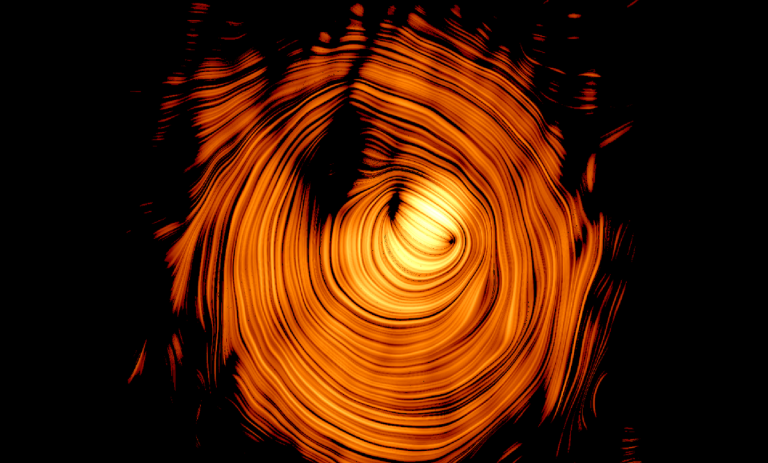Planets scientists’ have discovered carbonation in a meteorite that landed on earth, US to be more specific, in late back 1931. Meteorite study suggests that it must be 3,000 years old and is carried off from the surface of Mars. This asserts that the surface on Mars must be loaded with carbon dioxide, which had happened not more than 3 to 4 billion years ago.
Researchers still have no argument which supports the reason for its current absence. However, they have postulated several reasons that might have lead to the gas’s evaporations, some of them are magnetic field of Mars, solar wind, a massive strike by some foreign body or the surface might have acted as a blotting paper soaking up the entire gas.
Lafayette or the Mars rock arrived on the surface of earth after being ejected from the planet into space. The rock is an offshoot of a volcanic eruption that happened on Mars. Now researchers are of a view that between the time it was formed on Mars and arrived to earth, the rock underwent carbonation, a process when a material absorbs carbon dioxide in the presence of water. So taking consideration of phenomenon means, that rocks which were evolved during the volcanic eruption might have sequestered the atmospheric carbon dioxide thus leaving no traces of gas on the surface.
Researchers envision that by studying how Mars lost its atmosphere they can offer insights to the workings and safeguarding of earth’s atmosphere.




